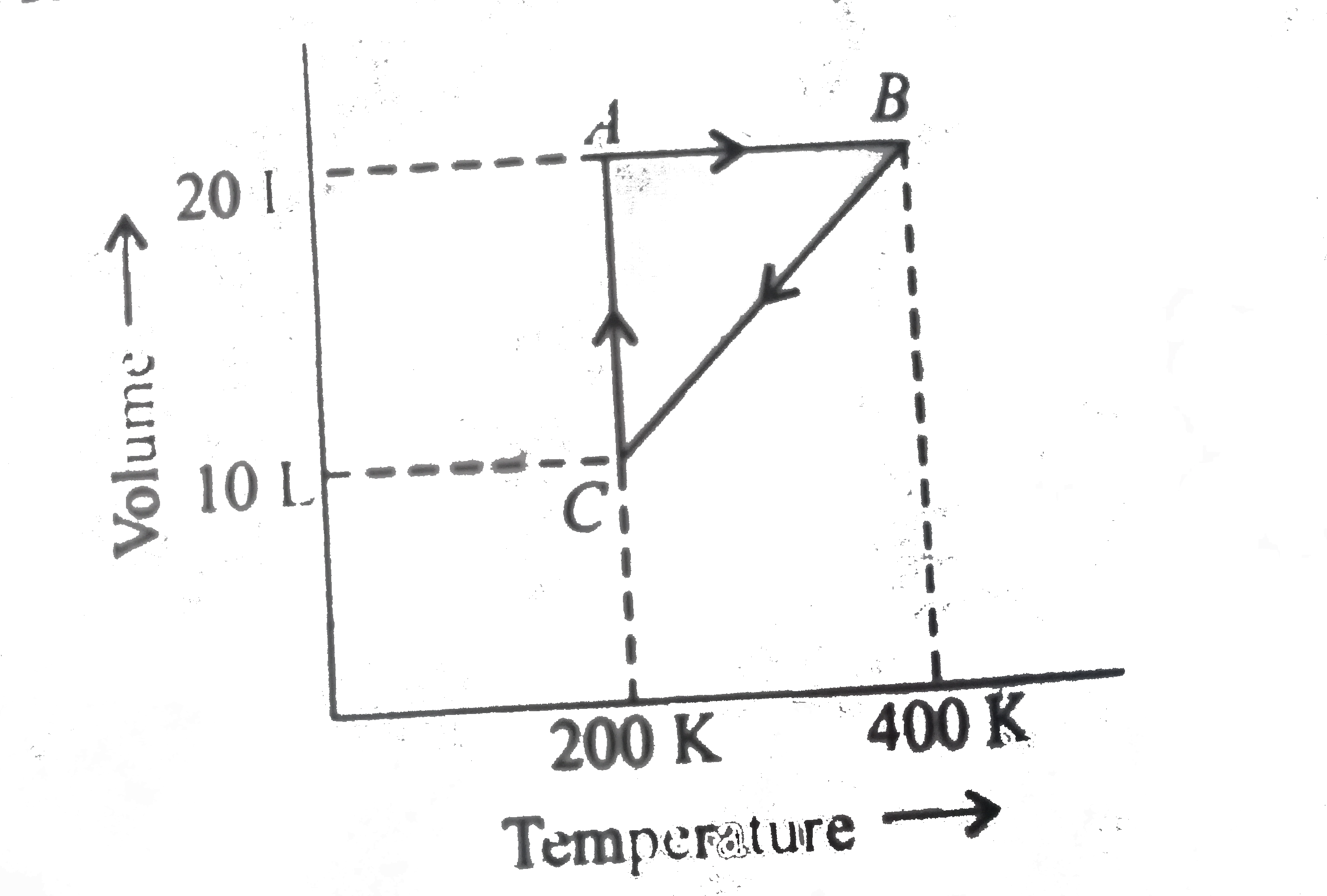If P be the sum of odd terms and Q be the sum of even terms in the expansion of (x+a)n, prove that
(ii) 4PQ=(x+a)2n−(x−a)2nand
To prove that 4PQ=(x+a)2n−(x−a)2n, where P is the sum of the odd terms and Q is the sum of the even terms in the expansion of (x+a)n, we will follow these steps:
Step 1: Write the expansions of (x+a)n and (x−a)n
The binomial expansion of (x+a)n is given by:
(x+a)n=n∑k=0(nk)xn−kak
Similarly, the expansion of (x−a)n is:
(x−a)n=n∑k=0(nk)xn−k(−a)k=n∑k=0(nk)xn−k(−1)kak
Step 2: Separate the sums into odd and even terms
In the expansion of (x+a)n:
- The sum of the odd terms P corresponds to the terms where k is odd.
- The sum of the even terms Q corresponds to the terms where k is even.
Thus, we can express P and Q as:
P=∑k odd(nk)xn−kak
Q=∑k even(nk)xn−kak
Step 3: Relate P and Q to the expansions
From the expansions, we can express the total sum of terms:
P+Q=(x+a)n
And for the negative expansion:
P−Q=(x−a)n
Step 4: Solve for P and Q
Now, we have the two equations:
1. P+Q=(x+a)n
2. P−Q=(x−a)n
Adding these two equations:
(P+Q)+(P−Q)=(x+a)n+(x−a)n
This simplifies to:
2P=(x+a)n+(x−a)n
Thus,
P=(x+a)n+(x−a)n2
Now, subtracting the second equation from the first:
(P+Q)−(P−Q)=(x+a)n−(x−a)n
This simplifies to:
2Q=(x+a)n−(x−a)n
Thus,
Q=(x+a)n−(x−a)n2
Step 5: Calculate PQ
Now, we can find PQ:
PQ=((x+a)n+(x−a)n2)((x+a)n−(x−a)n2)
This can be simplified using the difference of squares:
PQ=14((x+a)2n−(x−a)2n)
Step 6: Final result
Multiplying both sides by 4 gives:
4PQ=(x+a)2n−(x−a)2n
Thus, we have proved that:
4PQ=(x+a)2n−(x−a)2n
- The sum of the even terms Q corresponds to the terms where k is even.
2. P−Q=(x−a)n
Topper's Solved these Questions
- BINOMIAL THEOREMBOOK - ICSECHAPTER - BINOMIAL THEOREMEXERCISE - CHAPTER TEST
14 Videos
- BINOMIAL THEOREMBOOK - ICSECHAPTER - BINOMIAL THEOREMEXERCISE - EXERCISE 13 (a)
27 Videos
- BASIC CONCEPTS OF POINTS AND THEIR COORDINATESBOOK - ICSECHAPTER - BASIC CONCEPTS OF POINTS AND THEIR COORDINATESEXERCISE - CHAPTER TEST
2 Videos
- CIRCLEBOOK - ICSECHAPTER - CIRCLEEXERCISE - CHAPTER TEST
11 Videos
Similar Questions
Knowledge Check
If P be the sum of odd terms and Q be the sum of even terms in the expansion of (x+a)n, then (x+a)2n+(x−a)2n is
(i) P2−Q2
(ii) P2+Q2
(iii) 2(P2+Q2)
(iv) 4PQAP2−Q2BP2+Q2C2(P2+Q2)D4PQ
If A be the sum of odd terms and B be the sum of even terms in the expansion of (x+a)n, prove that A2−B2=(x2−a2)n
View Solution
The pressures at A and B in the atmosphere are, respectively,
View SolutionIf o be the sum of odd terms and E that of even terms in the expansion of (x+a)n prove that: (i)O2−E2=(x2−a2)n (ii) 4OE=(x+a)2n−(x−a)2n (iii) 2(O2+E2)=(x+a)2n+(x−a)2n
View SolutionIf P and Q are the sum of odd terms and the sum of even terms respectively in the expansion of (x+a)n then prove that
P2−Q2=(x2−a2)n
View SolutionIf the sum of odd terms and the sum of even terms in the expansion of (x+a)n are p and q respectively then p2+q2=
View SolutionIf A and B are the sums of odd and even terms respectively in the expansion of (x+a)n then (x+a)2n−(x−a)2n=
View SolutionThe middle term in the expansion of (x+1x)2n is
View Solution
